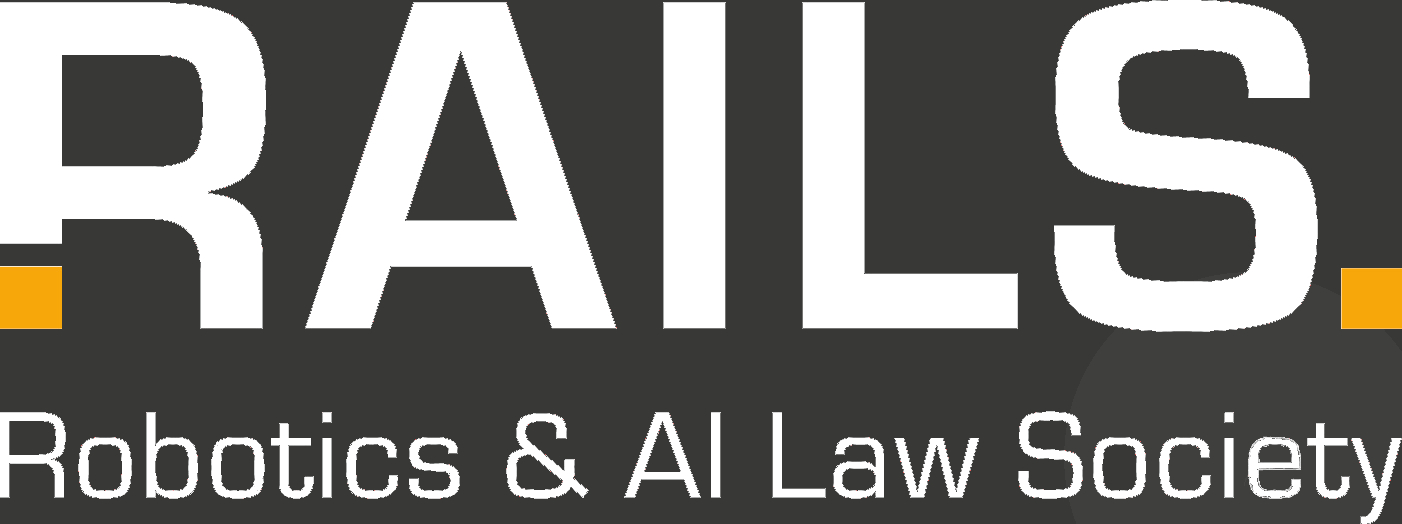With artificial intelligence (AI) permeating almost every facet of human life in recent years, understanding the possible implications of the use of artificially intelligent technologies becomes more significant than ever.…
RAILS - Blog Posts
The integration of AI into the insurance industry brings forth various challenges related to risk assessment. These challenges encompass ethical considerations, liability and accountability, bias and discrimination risks, data and…
With AI systems permeating more and more domains of (traditionally) human activity, many increasingly commonplace situations raise important legal questions. Such as: An automated vehicle A is riding in crashes…
Bereits seit 2021 diskutiert die Europäische Union über den Entwurf des Artificial Intelligence Act. Mitte Mai 2023 ist der europäische Gesetzgeber jedoch in die entscheidende Phase gelangt: Kommission, Rat, Mitgliedstaaten…
Der Vorstand einer Aktiengesellschaft ist Leitungs- und vor allem Entscheidungsorgan. Immer komplexere Unternehmensstrukturen belasten diesen zunehmend mit Verwaltungsaufgaben, insbesondere dem Datamanagement. Künstliche Intelligenz (KI) ist dem Menschen bei der Verwaltung…
The EU has recently taken legislative actions for the governance of Artificial Intelligence (AI), mainly through the AI Act and liability proposals. With these legislative proposals, the EU takes the…
Artificial Intelligence (“AI”) is progressing quickly and permeating more aspects of our daily life. Along with its benefits, the rise of AI is also accompanied by risks to fundamental rights,…
Despite the intention to safeguard data subjects from Automated Decision-Making (ADM), Article 22 of the GDPR would need to be scientifically reliable, less ambiguous and with no obsolescence in addressing…
Once upon a time, artificial intelligence (AI) was something of a niche subject in the law. There were, of course, some lawyers and legal scholars dealing with AI-related matters, but…
